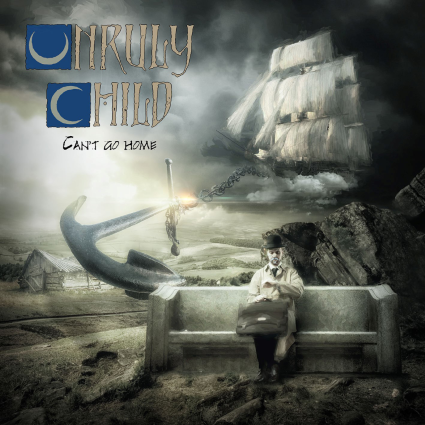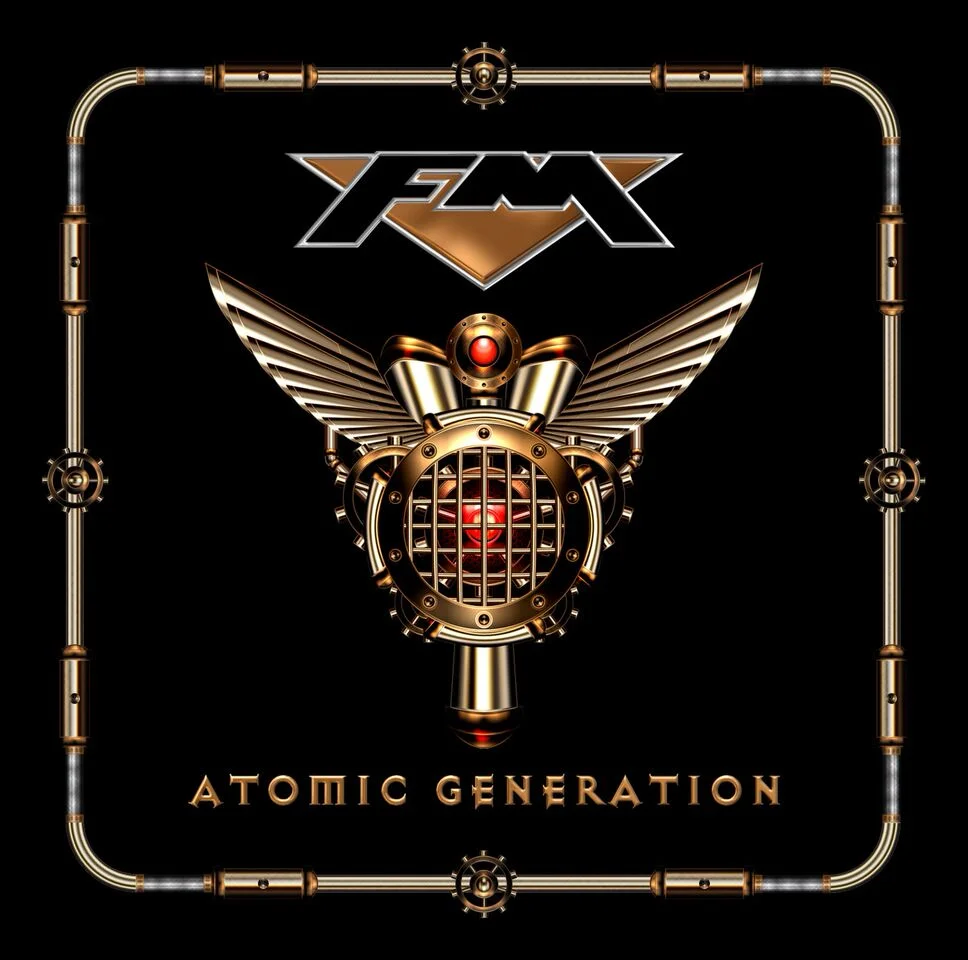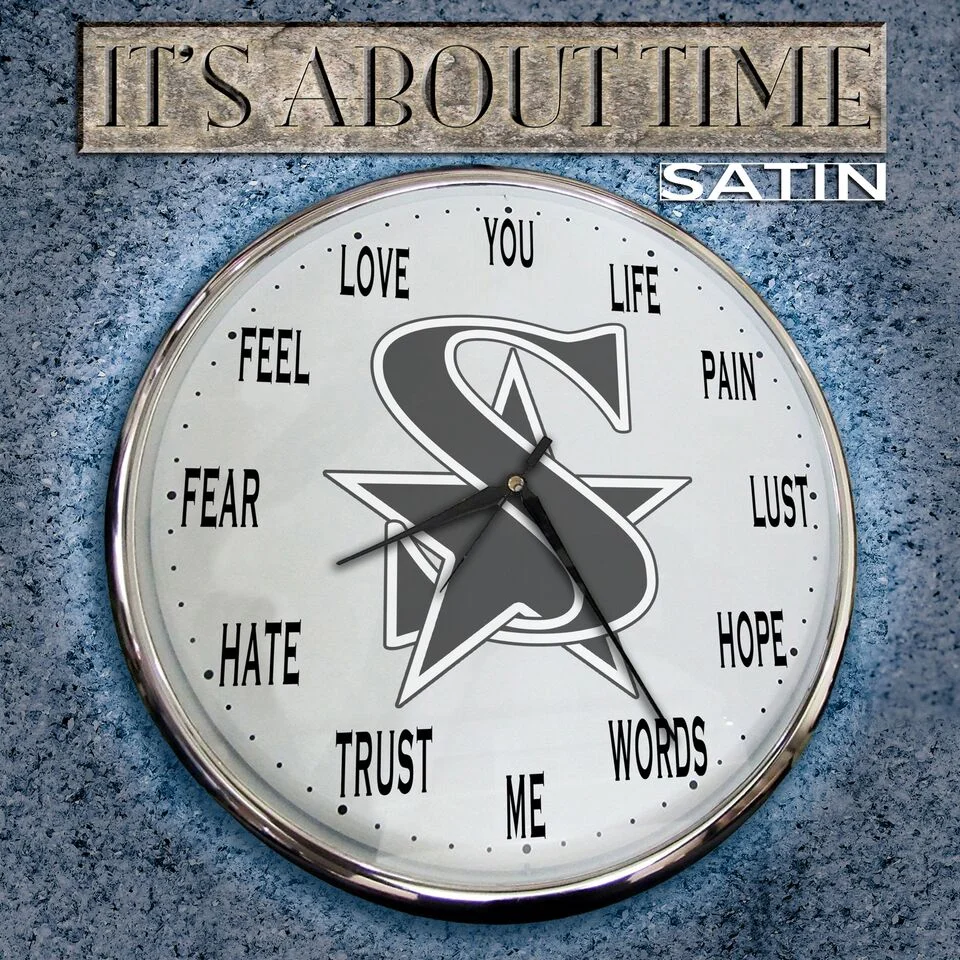Unruly Child - Can't Go Home (Album Review)
Unruly Child released their debut in 1992 and, although not a commercial success at the time, it has since been held up as a melodic rock masterpiece. An inspired coupling of ex-World Trade members and vocalist Mark Free (formerly of AOR legends Signal), Unruly Child retained the loosely-held prog leanings of the former band but added the hit-worthy rock bombast of the latter. Free’s muscular vocal delivery in particular helped the band have greater appeal across the rock sub-genres and the debut has subsequently aged far better than many of its contemporaries. The album wasn’t without its faults but it remains one of the more interesting and inventive records under the hair-rock umbrella: it had big guitars, hooks, lashings of keyboards and stacked vocals but - more important than all that - it was chock full of unusual ideas and musical ambition. None of this sounded geeky, meandering or noodly, it just sounded, - to me at least - like top class hard rock… from the future.
The band reappeared with an album in 1998 with Kelly Hansen at the mic and then again in 2003 with Philip Bardowell on vocals, but it wasn’t until 2010 that the original five members were finally reunited. Fans found that Free (by now not Mark but Marcie) had lost none of her chops and the band could still write and produce catchy and innovative rock music. The Worlds Collide album was therefore an extremely promising rebirth for the band. 2014’s self-released Down The Rabbit Hole mini-album was a little more low-key but nevertheless continued in the same vein and now long-time fans have been rewarded with a brand new full-length release via Frontiers. I’m pleased to report that it has been worth the wait.
‘The Only One’ opens up the record with a cascade of swirling vocals and a pitch-perfect balance of keys and guitars. The song’s unusually early guitar solo leaves space for an extended outro where Free is let loose with her trademark vocal layering. Big slabs of guitar underpin the heavier ‘Four Eleven’ which is up next, hotly followed by my first real favourite of the record, ‘Driving into the Future’, which has a summery feelgood vibe, coming across like a very hi-tech Journey. Conversely, the intriguing set-up of ‘Get on Top’ gives way to a very disappointing three-note chorus which reminds me of some of the less well-judged moments from the band’s past.
‘See If She Floats’ is, thankfully, much more interesting: the verses are riddled with Bruce Gowdy’s super-meaty guitar-riffing but the chorus sees this vanish and waves (see what I did there?) of acoustic guitars take over, which gives the song loads of room to breathe. The song made me want to hit repeat (which I did, repeatedly) just so I could go for another swim in its warm and inviting waters. ‘She Can’t Go Home’ follows and is beautifully rich and nuanced, soaring and anthemic. It’s as close as anything gets to a ballad here and I’m not ashamed to say it hits me squarely in my soppy old AOR heart. I am, by this point, more than just a little smitten.
‘Point of View’ borrows its groove from the band’s own ‘On the Rise’ from 1992 but is nevertheless a memorable and dependable rocker. ‘Ice Cold Sunshine’ sees the band in danger of actually drowning in its own skyscrapers of BVs, as is the case with ‘When Love Is Here’ - possibly another example of the band having a conversation with their past selves (one of the standout tracks from the debut is ‘When Love Is Gone’). Both tracks - now separated by some twenty-five years - remind us of Guy Allison’s immense gifts as a keyboard player. Indeed, Allison is given special permission to tear it up, seventies pomp-style, with by far the parpiest and proggiest offering in the form of ‘Sunlit Sky’. The fake crowd noise bookending the pedestrian ‘Someday Somehow’ contributes to it sounding throwaway and so it’s not, in my view, the best way to close proceedings. But you can’t have everything, can you?
This isn’t a perfect album by any means but Unruly Child never were a perfect band. When they’re good though, they are still so, so, so good, unlike many of the less imaginative bands of the same era who try in vain to recreate their heyday. Unruly Child are successful in this partly because they just don’t sound like anyone else and they never did. There simply are no great clichés for them to rehash.
So, the band from the future now find themselves living in that future and while Can’t Go Home will never sound as relevant and urgent as the ’92 debut did, it does see Unruly Child in phenomenal shape: still able to write glorious melodies and throw musical curveballs, all while keeping things nice and rocky. This record, lavishly detailed and well-produced, will surely delight existing fans and will hopefully enlist some new devotees too.
Review by Rich Barnard.
















When you think of progressive rock/metal concept albums, one name springs instantly to mind, Arjen Lucassen. It could have all been so different for Lucassen, as his 1993 solo album, released under the Anthony moniker, ‘Pools Of Sorrow, Waves Of Joy’ was met with indifference by the record-buying public (finding a copy thirty years later will be a long and expensive search). Seemingly undaunted and already a hard rock veteran after stints in Bodine and Vengeance, Lucassen pushed on regardless, his determination resulting in a slew of projects that played a crucial role in revitalising the progressive rock/metal scene via releases under the Ayreon, Ambeon, Guilt Machine and Star One banners while still finding time for guest appearances and contributions to albums by leading lights of the scene such as Within Temptation and Avantasia. For this project, Lucassen has put his little black book of names to one side (Lucassen has enlisted many performers on his star-studded albums, especially singers) and settled on a band project, it’s still essentially a concept record in the Lucassen tradition, but he looks to be out to have a little fun, and the results are glorious.